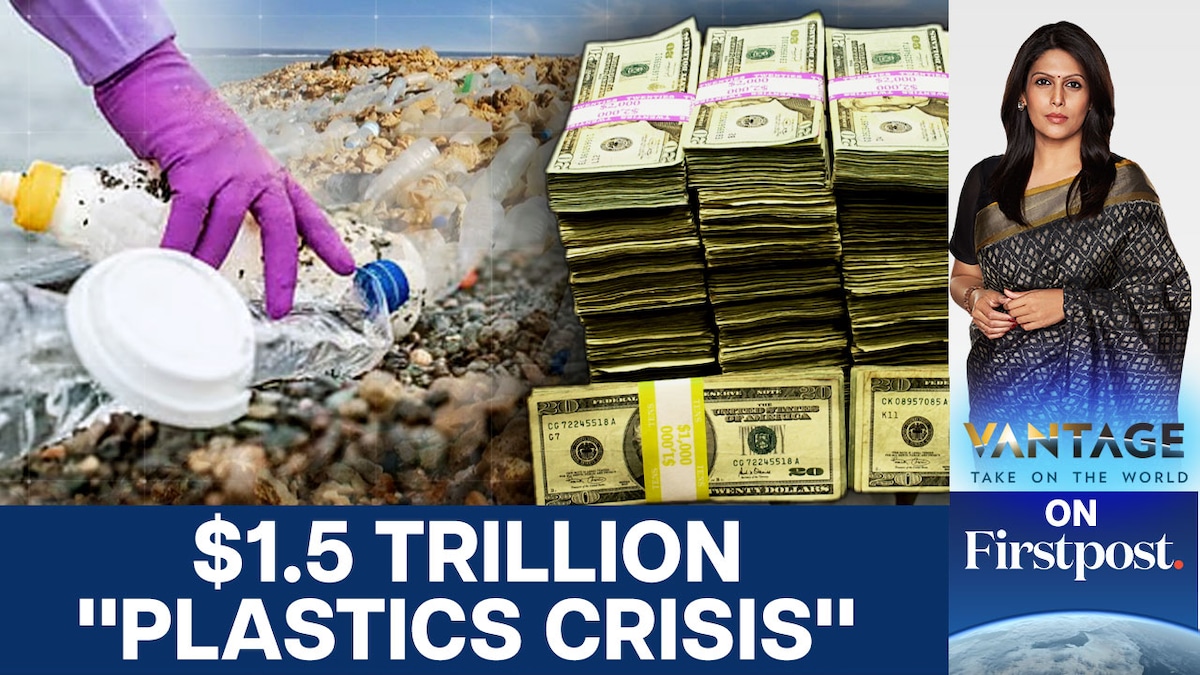Plastic Pandemic: The $1.5 Trillion Crisis Hitting South Africa and the World

The Sobering Truth About Our Plastic Addiction: A Global Crisis with Local Impact
South Africa, like the rest of the world, is grappling with a monumental problem: our relentless reliance on plastic. A recent, eye-opening report has quantified the devastating cost – a staggering $1.5 trillion annually. This isn’t just an environmental issue; it's a full-blown global health emergency impacting everything from our well-being to the health of our planet.
For decades, we've been producing, consuming, and discarding plastic with alarming ease. But the consequences are catching up. The report reveals that the lifecycle of plastic – from its production using fossil fuels to its eventual disposal – poses a severe threat to human health. Microplastics, tiny fragments of degraded plastic, are now ubiquitous, found in our drinking water, food, and even the air we breathe. The long-term health effects of this constant exposure are still being fully understood, but early research suggests links to hormonal disruption, reproductive problems, and even an increased risk of certain cancers.
The Scale of the Problem: 8 Billion Tonnes and Counting
The sheer volume of plastic waste generated is almost incomprehensible. Over 8 billion tonnes of plastic have accumulated globally, much of it ending up in landfills, oceans, and natural environments. In South Africa, inadequate waste management infrastructure exacerbates the problem, leading to widespread pollution and harming local ecosystems. Our beautiful coastlines, vital for tourism and biodiversity, are increasingly choked with plastic debris.
Beyond the Environment: The Economic Burden
While the environmental damage is obvious, the economic cost is often overlooked. The $1.5 trillion figure encompasses the costs associated with healthcare related to plastic exposure, the impact on industries like tourism and fisheries due to pollution, and the expenses of cleaning up plastic waste. For South Africa, this translates to lost economic opportunities, increased healthcare burdens, and the degradation of valuable natural resources. Furthermore, the reliance on fossil fuels for plastic production contributes to climate change, adding another layer of economic risk.
What Can Be Done? A Call to Action
The challenge is immense, but not insurmountable. Addressing the plastic crisis requires a multi-faceted approach, involving governments, businesses, and individuals:
- Government Regulation: Stricter regulations on plastic production and waste management are crucial, including extended producer responsibility schemes that hold companies accountable for the entire lifecycle of their products.
- Business Innovation: Investing in research and development of sustainable alternatives to plastic, such as biodegradable materials and reusable packaging, is essential.
- Individual Responsibility: Making conscious choices to reduce our plastic consumption, such as using reusable bags, water bottles, and containers, and properly disposing of plastic waste, can make a significant difference. Supporting businesses committed to sustainable practices is also key.
- Improved Waste Management: Investing in and improving waste management infrastructure across South Africa is paramount, including recycling programs and initiatives to reduce plastic leakage into the environment.
The plastic crisis is a global challenge, but its impact is felt locally. By taking collective action, we can mitigate the damage, protect our health, and build a more sustainable future for South Africa and the world. The time to act is now, before the plastic pandemic spirals even further out of control.





